-
×
 Intro To The Dla Internet Bid Board System (Dibbs) By Sirena Thomas
1 × $622,00
Intro To The Dla Internet Bid Board System (Dibbs) By Sirena Thomas
1 × $622,00 -
×
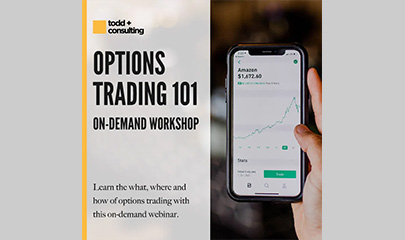 Options Trading Workshop On Demand By Affordable Financial Education
1 × $69,00
Options Trading Workshop On Demand By Affordable Financial Education
1 × $69,00 -
×
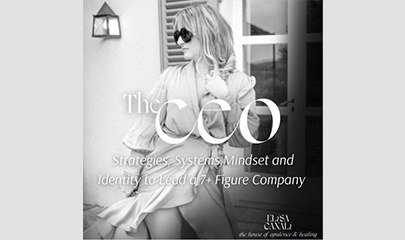 The CEO Masterclass Replay By Elisa Canali
1 × $15,00
The CEO Masterclass Replay By Elisa Canali
1 × $15,00 -
×
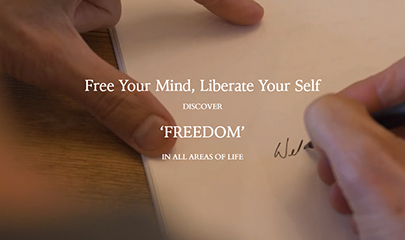 Freedom By Peter Crone
1 × $39,00
Freedom By Peter Crone
1 × $39,00 -
×
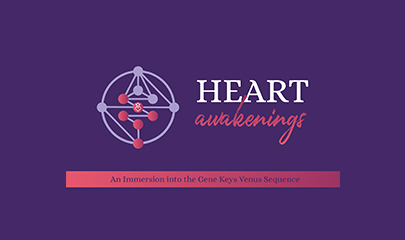 Heart Awakenings By Unlock Your Design Academy
1 × $46,00
Heart Awakenings By Unlock Your Design Academy
1 × $46,00 -
×
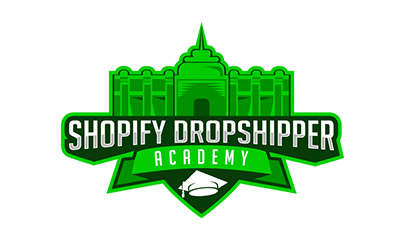 Shopify Dropshipping Masters By Amber Tange
1 × $54,00
Shopify Dropshipping Masters By Amber Tange
1 × $54,00 -
×
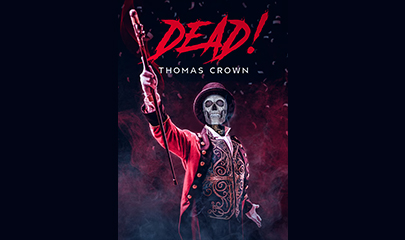 Dead By Thomas Crown
1 × $15,00
Dead By Thomas Crown
1 × $15,00 -
×
 How I use Technical Analysis And Orderflow By Adam Webb - Traderskew
1 × $54,00
How I use Technical Analysis And Orderflow By Adam Webb - Traderskew
1 × $54,00 -
×
 Linux Administration Bootcamp By Stone River eLearning
1 × $6,00
Linux Administration Bootcamp By Stone River eLearning
1 × $6,00 -
×
 The Magdalene Initiation by Elayne Kalila Doughty - The Shift Network
1 × $132,00
The Magdalene Initiation by Elayne Kalila Doughty - The Shift Network
1 × $132,00 -
×
 Dream Big Designer by Meredith Cancilla
1 × $28,00
Dream Big Designer by Meredith Cancilla
1 × $28,00 -
×
 Defi Income Optimizer By Darren Jenkins
1 × $31,00
Defi Income Optimizer By Darren Jenkins
1 × $31,00 -
×
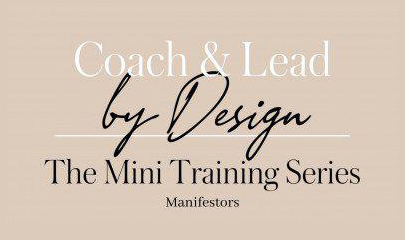 How to Lead and Coach By Design By Elisa Canali
1 × $23,00
How to Lead and Coach By Design By Elisa Canali
1 × $23,00 -
×
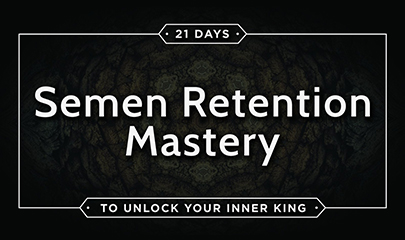 Semen Retention Mastery By Taylor Johnson
1 × $23,00
Semen Retention Mastery By Taylor Johnson
1 × $23,00 -
×
 Great Board Games of the Ancient World By Tristan Donovan
1 × $5,00
Great Board Games of the Ancient World By Tristan Donovan
1 × $5,00 -
×
 Small Account Futures (Elite Package) By Joe Rokop - Simpler Trading
1 × $23,00
Small Account Futures (Elite Package) By Joe Rokop - Simpler Trading
1 × $23,00 -
×
 Supliful Roadmap by Supliful
1 × $5,00
Supliful Roadmap by Supliful
1 × $5,00 -
×
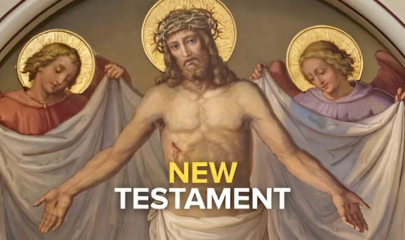 The New Testament By Bart Ehrman
1 × $5,00
The New Testament By Bart Ehrman
1 × $5,00 -
×
 Orgasmic And Erotic Hypnosis Course 2023 By David Mears
1 × $186,00
Orgasmic And Erotic Hypnosis Course 2023 By David Mears
1 × $186,00 -
×
 Raise Your Money Vibration Program By Awesome Aj Academy
1 × $39,00
Raise Your Money Vibration Program By Awesome Aj Academy
1 × $39,00 -
×
 Abundance And Money Workshop Replay By Samantha Chung & Gina Bourne
1 × $46,00
Abundance And Money Workshop Replay By Samantha Chung & Gina Bourne
1 × $46,00 -
×
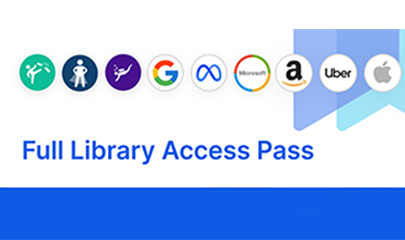 Product Alliance Full Library Access Pass By Product Alliance
1 × $202,00
Product Alliance Full Library Access Pass By Product Alliance
1 × $202,00 -
×
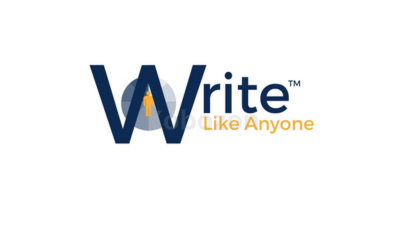 Write Like Anyone By Justin Blackman
1 × $15,00
Write Like Anyone By Justin Blackman
1 × $15,00 -
×
 The Science of Happiness: How to Live Your Best Life By Laura Delizonna
1 × $5,00
The Science of Happiness: How to Live Your Best Life By Laura Delizonna
1 × $5,00 -
×
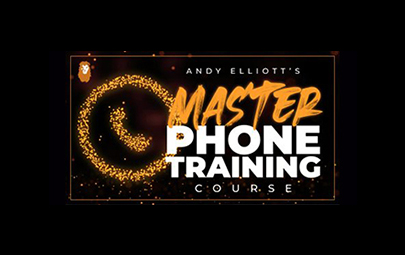 Master Phone Training By Andy Elliott
1 × $194,00
Master Phone Training By Andy Elliott
1 × $194,00 -
×
 Smart Man Crew- Master Mobile Photography and Videography 2024 by Jozeph Ezzat Danial
1 × $23,00
Smart Man Crew- Master Mobile Photography and Videography 2024 by Jozeph Ezzat Danial
1 × $23,00 -
×
 Sexual Magnetism Course By Charisma School
1 × $39,00
Sexual Magnetism Course By Charisma School
1 × $39,00 -
×
 Cloud Computing Concepts By Mike Robins
1 × $39,00
Cloud Computing Concepts By Mike Robins
1 × $39,00 -
×
 Perfecting Blogging + Perfecting Pinterest Bundle 2023 By Sophia Lee
1 × $54,00
Perfecting Blogging + Perfecting Pinterest Bundle 2023 By Sophia Lee
1 × $54,00 -
×
 The Food Matters Nutrition Certification Program By James Colquhoun
1 × $139,00
The Food Matters Nutrition Certification Program By James Colquhoun
1 × $139,00 -
×
 The Others Within Us - Unattached Burdens and Guides in IFS Therapy By Robert Falconer
1 × $69,00
The Others Within Us - Unattached Burdens and Guides in IFS Therapy By Robert Falconer
1 × $69,00 -
×
 Bookkeeping for Crafters By Lauren Venell
1 × $5,00
Bookkeeping for Crafters By Lauren Venell
1 × $5,00 -
×
 The Ultimate Guide to Rehabbing By William Bronchick
1 × $31,00
The Ultimate Guide to Rehabbing By William Bronchick
1 × $31,00 -
×
 The Freedom Lab By Club Life Design
1 × $93,00
The Freedom Lab By Club Life Design
1 × $93,00 -
×
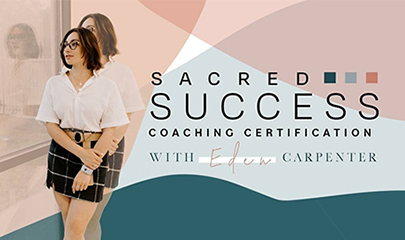 Sacred Success Coaching Method By Eden Carpenter
1 × $139,00
Sacred Success Coaching Method By Eden Carpenter
1 × $139,00 -
×
 TikTok Shop Playbook by Ecom Degree University
1 × $5,00
TikTok Shop Playbook by Ecom Degree University
1 × $5,00 -
×
 Gorilla Mindset by Mike Cernovich
1 × $5,00
Gorilla Mindset by Mike Cernovich
1 × $5,00 -
×
 Setups of a Winning Trader By Gareth Soloway
1 × $521,00
Setups of a Winning Trader By Gareth Soloway
1 × $521,00 -
×
 S22: Tarek Bibi (B) Ultimate Spiritual Mastery Course By FHTJ Programs
1 × $39,00
S22: Tarek Bibi (B) Ultimate Spiritual Mastery Course By FHTJ Programs
1 × $39,00 -
×
 Accounting Foundations: Bookkeeping By Jim Stice & Earl Stice
1 × $5,00
Accounting Foundations: Bookkeeping By Jim Stice & Earl Stice
1 × $5,00 -
×
 Eat Clean for Energy By Jesse Lane Lee
1 × $6,00
Eat Clean for Energy By Jesse Lane Lee
1 × $6,00 -
×
 AI NSFW Mastery - Unlock the Secrets of AI Porn! By Only AI
1 × $23,00
AI NSFW Mastery - Unlock the Secrets of AI Porn! By Only AI
1 × $23,00
The Medieval Legacy By Carol Symes
$339,00 $5,00
The Medieval Legacy: A Review of Carol Symes’ Course – Immediate Download!
Let’s embark on a captivating adventure to uncover remarkable insights that spark your curiosity and elevate your understanding
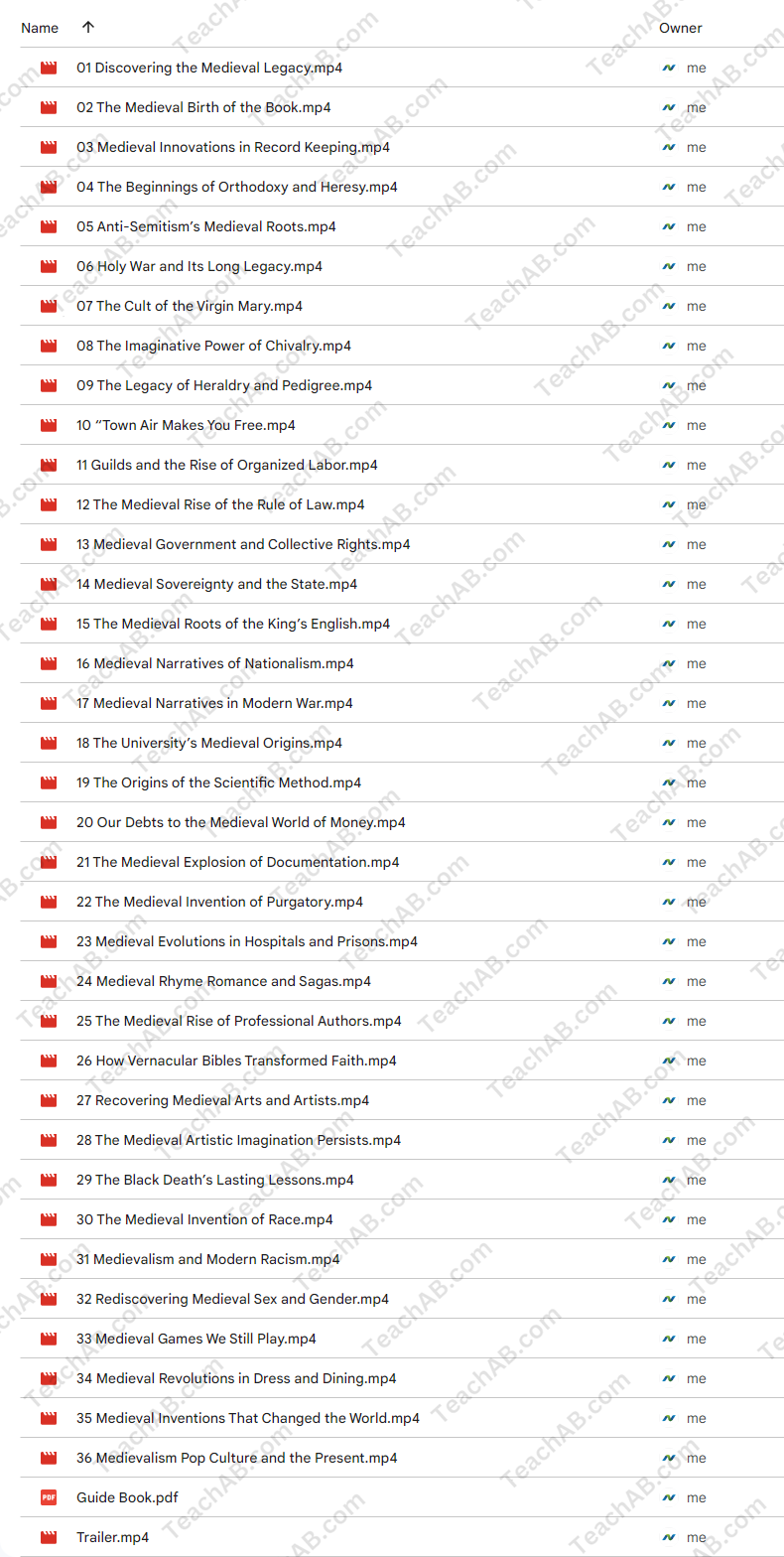
The Medieval Legacy By Carol Symes
Overview

The Medieval Legacy: A Review of Carol Symes’ Course
The exploration of history often reveals a complex tapestry of influences that shape our modern existence, and few periods have been as impactful as the medieval era. In her compelling series of lectures titled “The Medieval Legacy,” Carol Symes delves into the profound connections between the medieval past and contemporary society. Spanning 36 informative lectures offered through The Great Courses, this course emphasizes the ways in which the values, institutions, and ideas that originated during the Middle Ages continue to resonate today. With eloquence and depth, Symes navigates through the historical intricacies to highlight how the legacies of this era are woven into the very fabric of our modern identities, values, and institutions.
The Significance of the Medieval Era
Historical Context
The medieval period, stretching roughly from the fall of the Roman Empire to the dawn of the Renaissance, is often characterized as a time of stagnation and backwardness. However, Carol Symes’ course effectively debunks this myth by showcasing the vibrant developments that occurred during these centuries. From art and literature to the beginnings of scientific inquiry, the contributions of medieval societies played a crucial role in shaping the landscape of Western civilization.
One poignant example is the emergence of representative government. In a world still dominated by feudalism and monarchies, concepts of citizenship and governance began to crystallize during the medieval period. Symes intricately traces this evolution back to the rights and privileges outlined in documents like the Magna Carta. These historical milestones laid the groundwork for the democratic principles seen in modern governance. The trajectory of these ideas from medieval courts to modern parliaments demonstrates the far-reaching implications of this era.
The Role of Women in Medieval Society
A notable aspect of Symes’ analysis is her examination of the often-overlooked roles women played during the Middle Ages. By focusing on historical figures such as Eleanor of Aquitaine and Hildegard of Bingen, she illustrates the ways in which women shaped politics, culture, and religious thought. Through her engaging storytelling, Symes sheds light on the agency and influence that women wielded in a predominantly patriarchal society.
The course prompts listeners to rethink contemporary discussions around gender and power dynamics by reflecting on these historical narratives. It reiterates the importance of including diverse perspectives in our understanding of history; after all, the medieval women were not just footnotes but active participants in molding their world.
The Intellectual Contributions of the Medieval Era
The Birth of the Scientific Method
One of the standout insights delivered in “The Medieval Legacy” is the exploration of the origins of the scientific method. Many may associate this methodology with figures like Galileo or Newton, yet Symes expertly positions medieval thinkers as crucial precursors to modern scientific inquiry. Through the works of scholars like Roger Bacon and Thomas Aquinas, the course reveals how medieval intellectuals emphasized observation, experimentation, and rational thought.
This critical approach laid the foundation for what would become one of humanity’s most powerful tools for understanding the natural world. By examining how faith and reason coexisted within medieval philosophy, Symes prompts listeners to appreciate the delicate balance that these thinkers struck a balance that still echoes in contemporary scientific discourse.
Complexities of Medieval Legacy: Anti-Semitism and Racial Ideology
However, not all aspects of the medieval legacy are celebratory. Symes does not shy away from addressing the darker elements of medieval history, particularly the anti-Semitism and the origins of racial ideology that emerged during this period. By contextualizing these issues within broader historical narratives, Symes encourages a critical examination of how these ideas have transformed and persisted into modern social issues.
The discussion sheds light on how medieval religious and cultural paradigms contributed to the exclusion and marginalization of certain groups. In an era marked by crusades and religious fervor, it becomes evident how fear and misunderstanding laid the groundwork for systemic injustices that continue to stain our contemporary society. This critical perspective not only enriches our understanding of history but also compels us to confront uncomfortable truths about our cultural legacy.
Cultural Reflections
Literature and Arts: Echoes of the Past
An enthralling component of Carol Symes’ lectures revolves around literature and the arts, illustrating how the themes and aesthetics of the medieval period echo in modern media. From the epic tales of chivalry to the complex characters of literary works, the narratives crafted in the medieval landscape continue to captivate us today.
Symes illustrates this connection through examples ranging from classical epics to contemporary novels. The enduring influence of chivalric ideals, courtly love, and archetypal heroes can be seen in modern storytelling, whether in films or bestselling books. The lessons of valor, honor, and morality continue to resonate, reminding us of the fundamental human experiences that transcend time.
The Enduring Influence on Modern Society
This exploration of medieval cultural phenomena leads to a broader reflection on how medieval aesthetics continue to shape our artistic expressions. The use of gothic architectural styles, the allure of illuminated manuscripts, and the fascination with medieval-themed media signify a collective yearning to connect with a past that informs our present identities.
Furthermore, the course discusses the revival of medieval themes in contemporary art, suggesting that this rekindled interest is not mere nostalgia but a deeper recognition of our roots and an exploration of our collective humanity. By engaging with this rich heritage, we invite dialogue about where we have come from and where we aspire to go.
Conclusion
In evaluating “The Medieval Legacy” by Carol Symes, one cannot help but appreciate the course’s depth, breadth, and crucial relevance. It is an enlightening journey that invites listeners to reflect on the myriad ways the medieval era continues to permeate our daily lives. The integration of academic rigor with engaging storytelling makes it a valuable resource for anyone interested in historical inquiry.
This course not only enriches our understanding of medieval history but also compels us to question and reassess the persistent legacies that shape current societal structures and cultural norms. Through the lens of Symes’ scholarship, we are invited to acknowledge the intricate connections that that bind our past to our present, reminding us that history is not a distant realm but a living narrative intertwining with our contemporary identity.
Frequently Asked Questions:
Innovation in Business Models: We use a group purchase approach that enables users to split expenses and get discounted access to well-liked courses. Despite worries regarding distribution strategies from content creators, this strategy helps people with low incomes.
Legal Aspects to Take into Account: Our operations’ legality entails several intricate considerations. There are no explicit resale restrictions mentioned at the time of purchase, even though we do not have the course developers’ express consent to redistribute their content. This uncertainty gives us the chance to offer reasonably priced instructional materials.
Quality Control: We make certain that every course resource we buy is the exact same as what the authors themselves provide. It’s crucial to realize, nevertheless, that we are not authorized suppliers. Therefore, the following are not included in our offerings: – Live coaching sessions or calls with the course author.
– Entry to groups or portals that are only available to authors.
– Participation in closed forums.
– Straightforward email assistance from the writer or their group.
Our goal is to lower the barrier to education by providing these courses on our own, without the official channels’ premium services. We value your comprehension of our distinct methodology.
Be the first to review “The Medieval Legacy By Carol Symes” Cancel reply
You must be logged in to post a review.

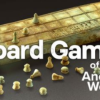
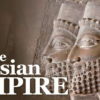

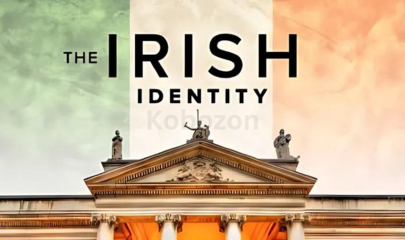



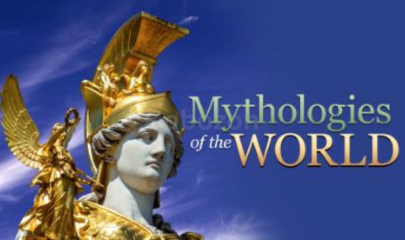
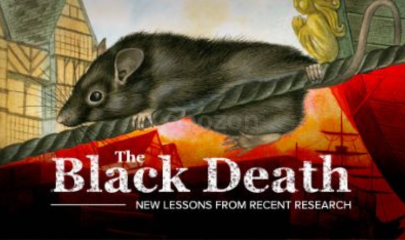
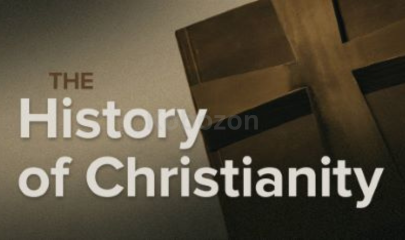






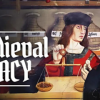
Reviews
There are no reviews yet.